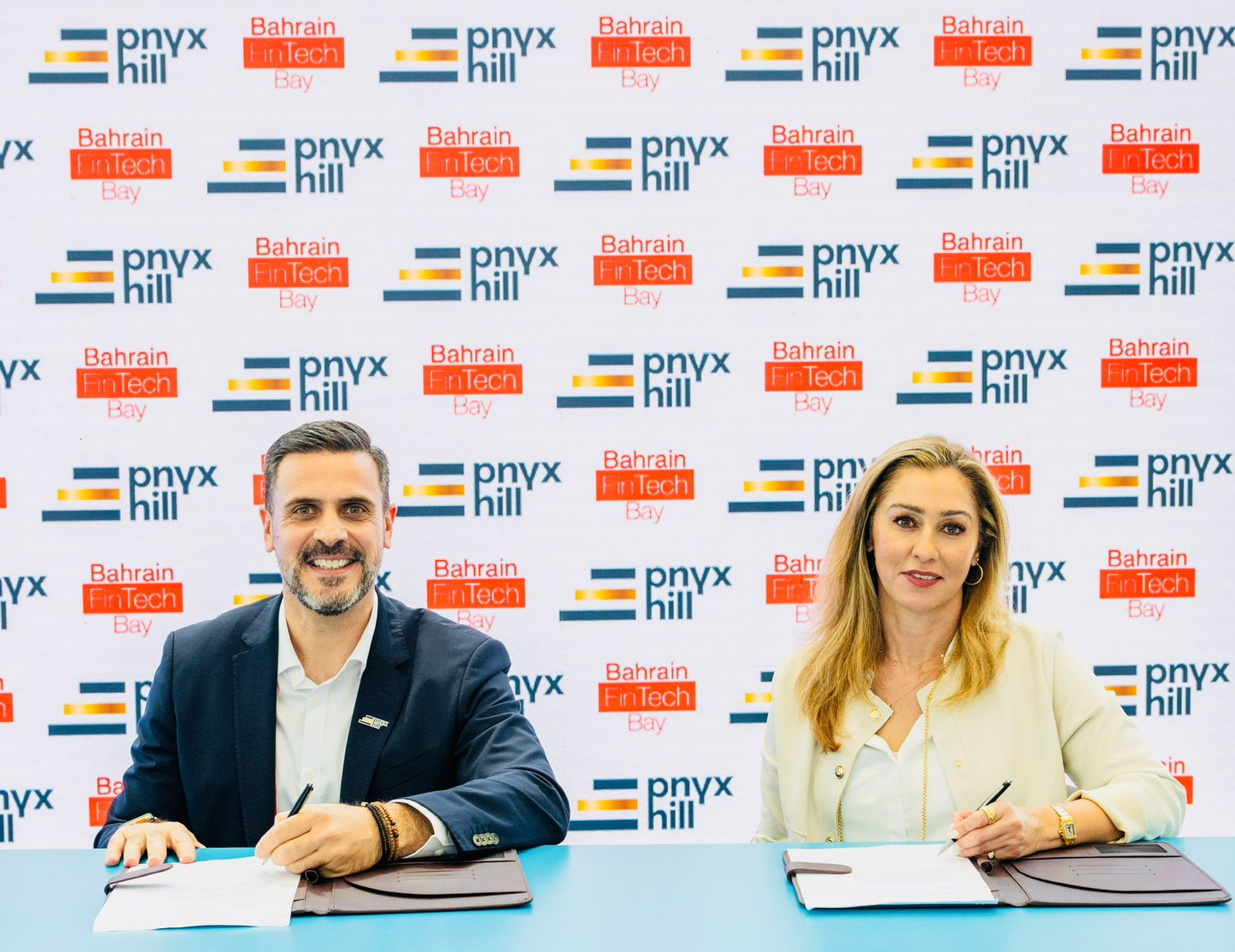
Embracing the AI Revolution in GRC: A Game-Changer
artificial intelligence (AI) advisory | corporate governance | compliance advisory | strategy advisory
May 29, 2024
By Andreas Kourouklaris – CEO and Co-founder
Reflecting on my journey in the financial and regulatory tech scene since 2018, I've witnessed the complexity and evolving nature of the regulatory landscape in the regions I call home (MEA and CA). Many leading jurisdictions are undergoing a transformative phase in their approach to Governance, Risk, and Compliance (GRC) since the acceleration of digitalization during the COVID-19 pandemic, necessitating stricter compliance measures to mitigate associated risks.
Governance and compliance are no longer mere regulatory requirements; they are integral to organizational sustainability. The cost of compliance is significant and increasing, with organizations needing to invest continuously in systems, processes, and personnel to meet ever-rising standards. Non-compliance can lead to severe financial penalties, reputational damage, and even operational shutdowns.
In my opinion, it’s indisputable. Manual compliance management is no longer feasible. Technology plays a crucial role in simplifying and automating GRC processes, and fortunately, since the beginning of 2023, the global digital world has entered the era of Artificial Intelligence (AI)! AI can revolutionize GRC. Especially for regulated companies, AI isn't just a buzzword; it’s a game-changer.
Imagine a world where compliance documents almost write themselves, where AI keeps an eagle eye on regulatory changes and ensures everything is spot-on and free from human error. Recent reports show that nearly half of GRC professionals see AI transforming data validation for regulatory reporting. And it doesn’t stop there; AI can predict and identify potential compliance issues before they arise, streamline communication and collaboration across departments, automate routine tasks, and eliminate the risks associated with manual data entry and processing.
The UAE is at the forefront of this AI revolution. The National Artificial Intelligence Strategy 2031 aims to make the UAE a global AI leader, integrating AI across various sectors, from governance to compliance. Not to be outdone, Saudi Arabia is pushing forward with its own AI agenda. The Saudi Data and Artificial Intelligence Authority (SDAIA) is driving initiatives to establish the Kingdom as a global AI powerhouse by 2030. Regulatory bodies like the DFSA, FSRA, and SAMA are already laying the groundwork on regulatory directives and frameworks, respectively.
From my own (painful) experience, I firmly believe AI can revolutionize how we manage risk and compliance, especially in the financial industry. In dynamic regulatory environments, AI is a powerful ally, freeing up GRC professionals to focus on strategic decision-making instead of endlessly navigating (often in circles!) the complexities of the compliance matrix.
That said, we also must be realistic. These are early days! Using AI isn’t just about plugging in some new tech and calling it a day. Thoughtful integration is crucial. Robust data governance, transparency in AI decision-making, and staying on top of regulatory developments are key. The region’s regulatory bodies are supportive, but it’s on companies to maintain ethical standards in their AI applications.
The future of AI in GRC holds immense promise, but it also requires navigating tricky waters. Collaboration between tech developers, regulatory bodies, and industry leaders will be essential to creating a balanced and effective artificial GRC ecosystem. Embracing AI will help regulated companies not only enhance their GRC frameworks but also drive efficiency and position themselves as leaders in their industries.
In the end, AI isn’t just a tool; it’s a strategic, long-term partner in navigating the complex world of regulations. For those ready to embrace it, the possibilities are endless. For those who don’t, the risk of being left behind is imminent.





